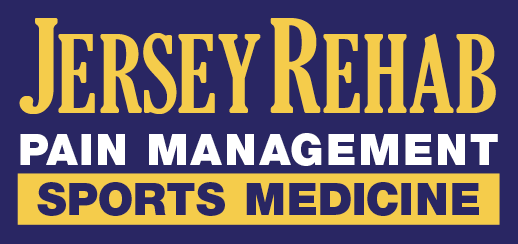Here’s What You Probably Don’t Know About Cervical Spondylosis
Cervical spondylosis is a common condition that affects the joints and discs in the cervical spine. It’s also called neck arthritis or cervical osteoarthritis. This condition develops from wear and tear on the bones and most commonly affects older adults. In fact, cervical spondylosis is present in more than 90 percent of people 60 and over!
Because some people have symptoms and others do not, it’s not always easy to know if and when you have cervical spondylosis. Below is more information on this common condition and what to expect if you are diagnosed with it.
The biggest risk factor is aging.
Some conditions you can prevent with medication and good lifestyle habits, but this is not the case with cervical spondylosis. Aging is the biggest risk factor because the neck joints change as you age. Disc herniation, bone spurs and dehydration are all results of the natural aging process.
Sadly, the aging process happens faster than we think. By age 40, the cervical discs are already drying out and shrinking. Of course, there are some other risk factors as well such as neck injuries, work-related activities, smoking, being overweight and genetic factors. But ultimately, it’s age that leads to cervical spondylosis.
Most people don’t show significant symptoms.
Most people with cervical spondylosis don’t have major symptoms. In fact, some people have nothing at all! For others, the symptoms are mild and include stiffness, headaches and numbness. However, there are some people who experience debilitating pain from this condition, especially when sitting, standing, coughing, sneezing or tilting the head backward.
There are various ways to treat cervical spondylosis.
Depending on the severity of your symptoms, there are a number of ways to successfully treat cervical spondylosis. The first approaches typically involve physical therapy, ice, heat, massage and medications. If these don’t work, or your case is severe, your advanced pain management doctor may recommend injections or surgery.
Permanent damage is possible without treatment.
If your spinal cord or nerve roots become severely compressed from the spondylosis, the damage can be long lasting. This is why it’s important to see a chronic pain management doctor who can offer treatments that will reduce symptoms. Anti-inflammatory drugs, corticosteroids, muscle relaxants, antidepressants and anti-seizure medications can all prevent permanent damage.
Whether you have been diagnosed with neck arthritis or believe you may have the condition, contact Jersey Rehab at one of our three locations. Our pain management doctors treat this condition often, and we have a variety of approaches to reducing pain, improving mobility and increasing quality of life.

